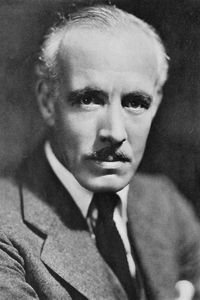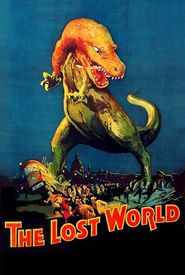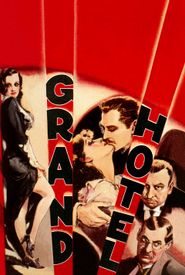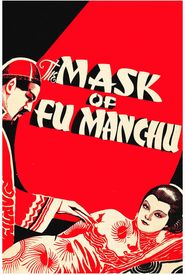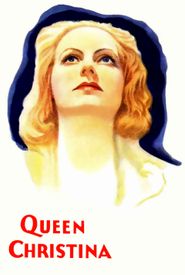Lewis Stone's life was marked by a distinctive appearance, with his premature grey hair earning him a reputation as a well-mannered romantic lead. By the time he was 20, he had already begun to grey, a characteristic that would become a defining feature of his acting career.
After serving in the Spanish-American War, Stone returned to the United States and pursued a career in writing, only to eventually transition into acting. He began appearing in films during the middle teens, and his career was interrupted by World War I, during which he served in the cavalry.
After the war, Stone returned to films and quickly graduated to lead roles, leveraging his distinguished look and grey hair to play romantic characters. His breakthrough came in 1921 with the film "Don't Neglect Your Wife," followed by roles in "The Prisoner of Zenda" (1922) and "Scaramouche" (1923),both alongside Alice Terry and Ramon Novarro.
In 1924, Stone joined Metro, which later merged with MGM, where he remained for the rest of his career. Over the next few years, he appeared in a string of successful films, earning an Academy Award nomination for "The Patriot" (1928).
Stone's collaboration with Greta Garbo began in 1928 with "A Woman of Affairs," in which he played an older doctor, a family friend. Two years later, he played her lover in "Romance" (1930). He made the transition to sound films with "The Trial of Mary Dugan" (1929),starring Norma Shearer.
The 1930s were a busy period for Stone, with successful films such as "The Big House" (1930),"The Phantom of Paris" (1931),"Red-Headed Woman" (1932),and "Grand Hotel" (1932),in which he co-starred with John Gilbert, Jean Harlow, and Greta Garbo.
In the late 1930s and early 1940s, Stone took on the iconic role of Judge James Hardy, a character who became synonymous with his career. The "Andy Hardy" series, which co-starred Mickey Rooney, occupied much of his screen time until its conclusion.
Stone's acting career slowed down in the late 1940s, but he continued to appear in films throughout the 1950s, including remakes of two films he had made with Alice Terry 30 years earlier. His life was cut short by a heart attack in 1953, after which he had appeared in over 200 films.
